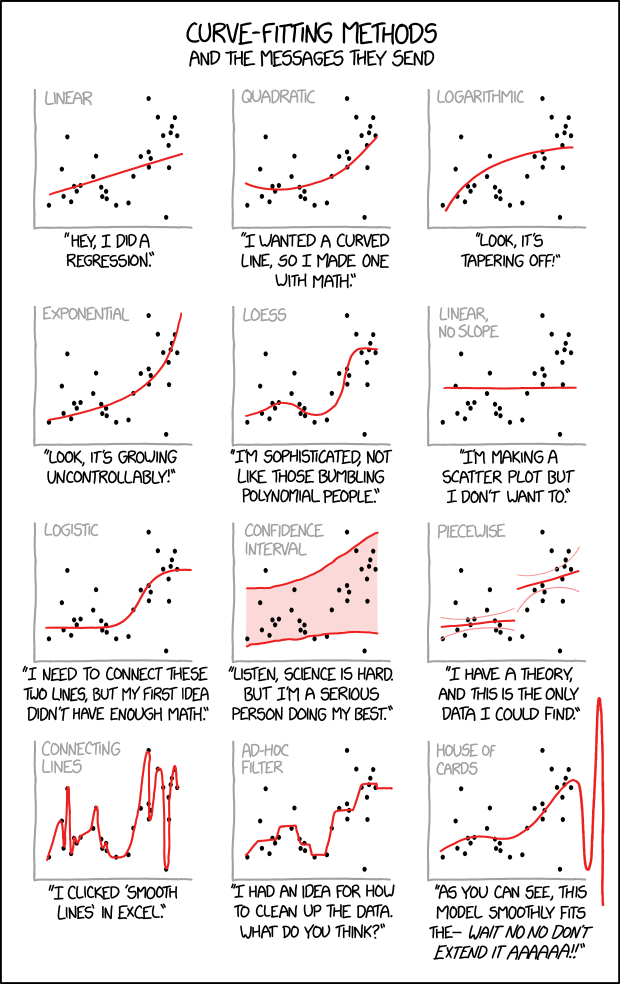In Georgia, either the numbers are being cooked, or they’ve accidentally fallen into the stew pot. https://t.co/SGVLlbdIEi— Charles P. Pierce (@CharlesPPierce) May 18, 2020
Tesla Charts gives Musk a break and takes a hard, insightful look into airline travel. Essential thread.
1/ As a follow-up to my earlier musings on Wall Street/industry/COVID-19, let’s do a deep dive on air travel. Everybody knows intuitively that the airline industry is important and that COVID-19 has impacted it hard.— TeslaCharts (@TESLAcharts) May 16, 2020
Walter Kirn's "Up in the Air" is about to become an import record of how business used to be. https://t.co/Dg3rH2bEH5— Mark Palko (@MarkPalko1) May 16, 2020
Notable how often a story on a business's or industry's disastrous strategy includes the phrase "Thanks to McKinsey."@barryritholtz https://t.co/389mce3udT— Mark Palko (@MarkPalko1) May 16, 2020
As the New York Times grows increasingly out of step with the rest of the industry (particularly the Washington Post) on false balance, it reacts by becoming more and more invested in its own superiority. This is unlikely to work out well.
I'm not being snide. But it is important, in looking at the framing of the Ronan Farrow story, to note that the editor of the NYT has called resistance journalism "an untenable, nonjournalistic, immoral position" for the paper. https://t.co/4fYAgiaXH9— Mark Harris (@MarkHarrisNYC) May 18, 2020
A few years ago,
conventional wisdom insisted that over the air television was all but
dead.https://t.co/sxWqCrNiEE
https://t.co/DXQgtRtSVz
—
Mark Palko (@MarkPalko1) May
16, 2020
Looks bad.
Dr. Moncef Slaoui, a former pharma exec who Trump has appointed to federal the government’s search for a covid vaccine, owns more than $10M in stock options in a biotech company receiving federal funding.
If this isn’t a conflict of interest, I don’t know what is.— Robert Reich (@RBReich) May 17, 2020
More travel thoughts from the reliable James Fallows.
In his recent piece in @TheAtlantic, @JamesFallows writes that no one can know what air travel will look like in a decade, but it’s clear airports and flights won’t look the same for a very long time. Listen to his conversation with Larry here: https://t.co/pD7vcrD5Ml— AirTalk with Larry Mantle (@AirTalk) May 17, 2020
It is now impossible to tell the difference between scam artist and true believer (though the "Made in China" may be a clue). Either way I hope he sells a milliion.
Want to know how to trigger a Democrat?
Wear a Trump 2020 mask Made in America.
Let’s see how fast the mandatory mask requirements last then.
Get yours today at this link https://t.co/3XD39WRW0J pic.twitter.com/LRH7o8Z4bw— Derek Utley (@realDerekUtley) May 16, 2020
Gov. Brian Kemp’s office issued an apology after a Georgia Public Health Department chart wrongly reported a downward trend in #coronavirus cases. The error was at least the third in as many weeks: https://t.co/wbYapZikxU pic.twitter.com/7t5Amaak3u— AJC (@ajc) May 17, 2020
This is a great explanation for why Hong Kong is able to control the pandemic so well. Very good design to reduce risk in testing and a complete lack of concern about expending resources on public health. https://t.co/Ak0MqXxD2q— Dr Joseph Delaney (@Canadian_JACD) May 17, 2020
Massive-scale #COVID19 testing is the only way we are going to get America back to work and play.
Unbelievable that the FDA would shut down one of the leading lights in this process. Hanlon's razor strains to the breaking point on this one.https://t.co/9ssH7u4FG0— Carl T. Bergstrom (@CT_Bergstrom) May 16, 2020
For me, it's the handwritten RN badge that really sells it.
Girl if you’re gonna impersonate a nurse at least put the scrubs through the wash once first https://t.co/WMVcdCTocI— Ed MD (@notdred) May 16, 2020
Related note.
I have a big problem with the framing - these protesters are .000001 of America and the level of passive support is small. You know the RevComs, extreme far-leftists who turn out 100 or so people to protest EVERYTHING? What if they were covered like this? https://t.co/uC0IpevagS— Will Bunch Sign Up For My Newsletter (@Will_Bunch) May 16, 2020
Another from Fallows, one of the very few national journalists who can intelligently discuss agriculture.
2/2 And to be clear, the horribly wasteful “this” is the prospect facing farmers, of shooting or gassing the animals they have raised, and burying the carcasses, because spread of virus to the few remaining big, industrial packing houses leaves them no obvious alternative.— James Fallows (@JamesFallows) May 16, 2020
Two steps forward, one step back.
Contra many critics, I do think there has been a lot of internal media reckoning about 2016. But there still is work to be done in being honest with ourselves about the role we all play in affirming and elevating “narratives.” This tweet lacks that self-reflection. https://t.co/kjzOq4xOvX— Sam Stein (@samstein) May 13, 2020
85k dead, 40M lost jobs under Trump but it’s *Biden* that having tough week.
NYT completely committed to this storyline. virtually *every* Biden article is Dem Disarray. and yes, Trump leads in 1 of the last 49 polls at RCP; https://t.co/I9Jxq6swqU— Eric Boehlert (@EricBoehlert) May 15, 2020
We can't forget Musk.
Dead everywhere except Las Vegas, home of silly amusement. The fact anyone ever took this idea seriously as a scalable solution to traffic jams is a sad sign of the times. https://t.co/iJ0PqZ6EcB— Russ Mitchell (@russ1mitchell) May 15, 2020
And another favorite.
I admit that the Bhattacharya/Ioannidis Santa Clara study has been a disaster so far — botched statistics, dreadful communications, subjects recruited under false premises — but surely nothing else could go wrong....https://t.co/jCdhpQKW5R— Carl T. Bergstrom (@CT_Bergstrom) May 15, 2020
Somewhere out there, somebody is listening to Alex Jones.
Ten cell phone tower attacks carried out in Auckland in the past six weeks because of conspiracy theories about 5G.
None of them were even 5G towers.— Tom Tanuki (@tom_tanuki) May 15, 2020







